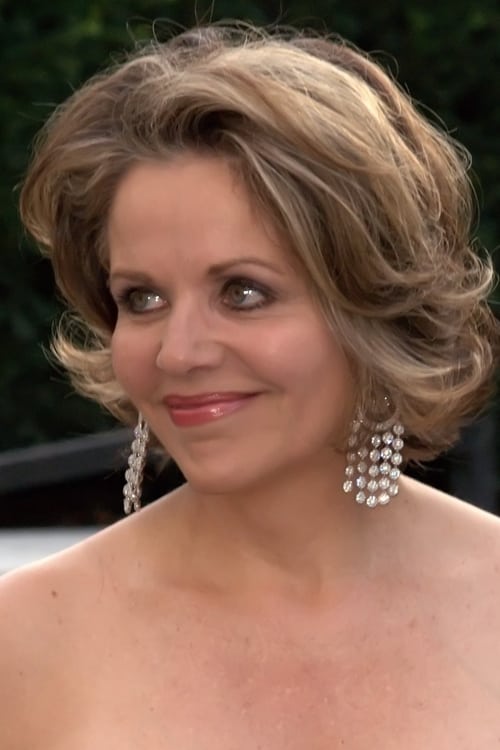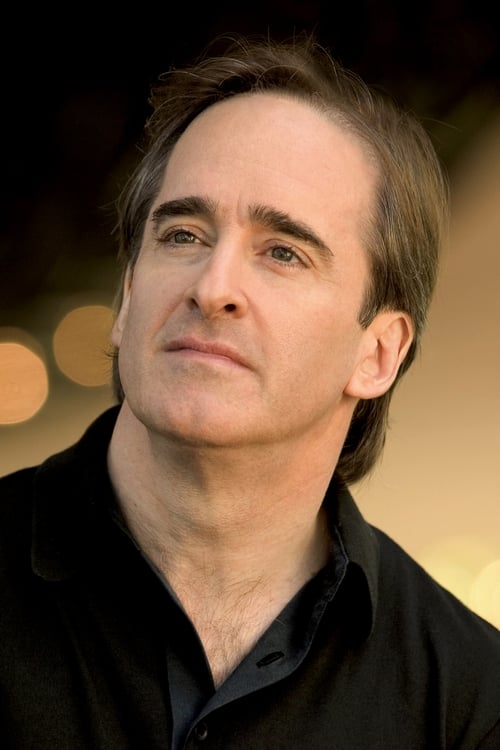Rusalka (2002)
Género : Música
Tiempo de ejecución : 2H 35M
Director : François Roussillon
Sinopsis
Renee Fleming stars in Dvorak's three-act opera based on two fairy-tales which tells the story of a water-nymph called Rusalka (Fleming), who wishes she was human, after falling in love with a mortal.
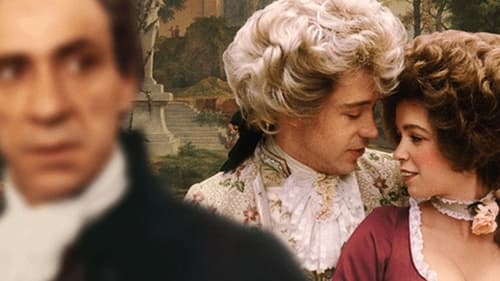
Antonio Salieri es el músico más destacado de la corte del Emperador José II de Austria. Entregado completamente a la música, le promete a Dios humildad y castidad si, a cambio, conserva sus extraordinarias dotes musicales. Pero, después de la llegada a la corte de un joven llamado Wolfang Amadeus Mozart, Salieri queda relegado a un segundo plano. Irritado por la pérdida de protagonismo, hará todo lo posible para arruinar la carrera del joven músico. Mientras tanto, Mozart, ajeno a las maquinaciones de Salieri, sorprende a todos con su genialidad como músico, pero también con sus excentricidades.

First performed in Paris in 1843, at the turning point of several eras, Don Pasquale, a composite and varied work, is the apotheosis of opera buffa. Performed for the first time at the Paris Opera, the production has been entrusted to the Italian director, Damiano Michieletto, who transports us directly to the sincerity and dramatic splendour at the heart of an apparently light‑hearted work.

“Foolish indeed is he who marries in old age.” Thus ends Don Pasquale: with a wise dictum not lacking in irony that sums up the disappointments of its hero, a rich bachelor keen to marry who is deceived by his nephew Ernesto and his young bride-to-be Norina. First performed in Paris in 1843, at the turning point of several eras, Don Pasquale, a composite and varied work, is the apotheosis of opera buffa. Performed for the first time at the Paris Opera, the production has been entrusted to the Italian director, Damiano Michieletto, who transports us directly to the sincerity and dramatic splendour at the heart of an apparently light‑hearted work.

Directed by Ursel Hermann, this 2005 production of Mozart's last opera stars a remarkable cast with Susan Graham in the role of Sesto, Christoph Prégardien giving life to Tito and Catherine Naglestad embodying the ambitious Vitellia. Premiered in September 1791 for the coronation of Leopold II, King of Bohemia, La Clemenza di Tito celebrates the figure of the merciful sovereign
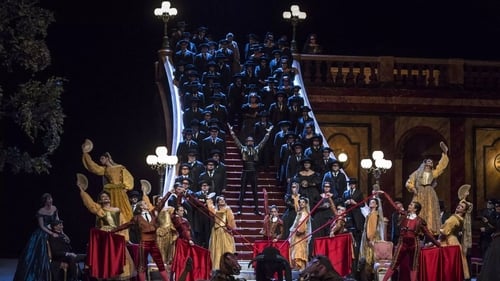
In Benoît Jacquot’s production, Manet’s Olympia dominates the stage of the Opéra Bastille. In 1863, the painting caused a scandal: the prostitute awaits her client, her expression proud, her demeanour assured. Is this Violetta? Like Olympia, Verdi’s most celebrated heroine surrenders to the spectator just as she surrenders to love, going so far as to die on stage, a woman’s ultimate sacrifice for her lover. Or might it be the spectator who strips her bare and intrudes upon her privacy, in the image of this milieu of social voyeurism? Whatever the case, these two women regard us with defiance and subjugate those who cannot help but look at them.

Les Huguenots is a monumental fresco featuring various impossible loves in the context of the Saint Bartholomew Massacre. Andreas Kriegenburg places these timeless conflicts of love and religion in an immaculate setting in which the costumes appear yet more flamboyant and the victims’ blood more violently red.
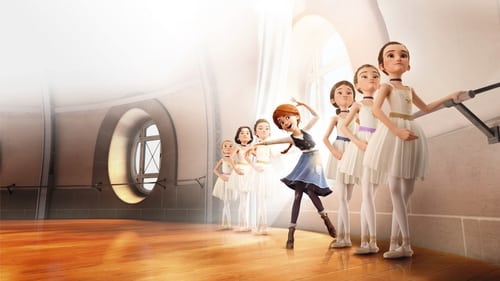
Felicia es una niña que, tras perder a sus padres, vive en un orfanato en su Bretaña natal. Su pasión es la danza y sueña con convertirse en una bailarina profesional. Para conseguirlo se escapa con la ayuda de su amigo Víctor y viaja hasta el París de 1879. Allí se hará pasar por otra persona para conseguir entrar como alumna de la Grand Opera House y así luchar por tener la vida que desea.
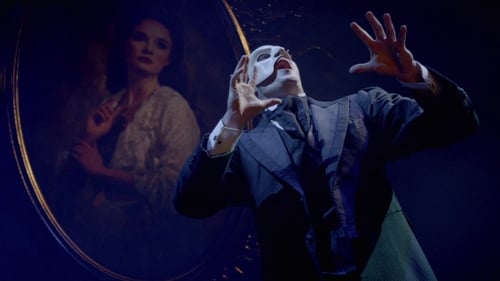
La excelencia compositiva de Andrew Lloyd Weber vuelve a deleitarnos con una nueva obra musical considerada la secuela de la célebre 'El fantasma de la ópera'. La hermosa y talentosa Christine Daaé y el misterioso enmascarado, se reencuentran.

Narra la historia real de Florence Foster Jenkins, una mujer que, al heredar la fortuna de su padre, pudo cumplir su sueño de estudiar para ser soprano. El problema era que carecía de talento, pero la gente acudía a sus recitales para comprobar si de verdad era tan mala cantante como decían los críticos.
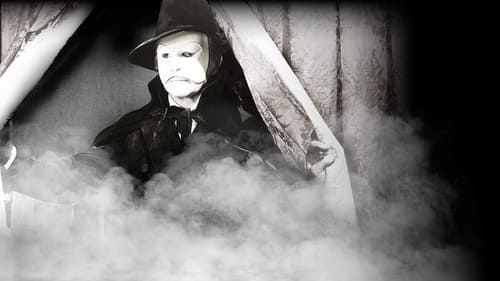
Un violinista de la Ópera de París, locamente enamorado de Christine Dubois, una joven aspirante a soprano, es despedido porque su mano izquierda ya no es tan hábil como antes. Solo y sin dinero, después de haberlo gastado todo en pagar -sin que ella lo sepa- las lecciones de canto de Christine, decide publicar un concierto con el fin de completar la instrucción de la soprano y de hacerse famoso. Pero, a causa de un malentendido, ataca a su editor, y la secretaria de éste le desfigura el rostro con ácido. Se refugia entonces en los sótanos de la Ópera y, desde entonces, actúa como un fantasma cuya sombra amenazadora acecha en la sombra y siembra el pánico entre el público.
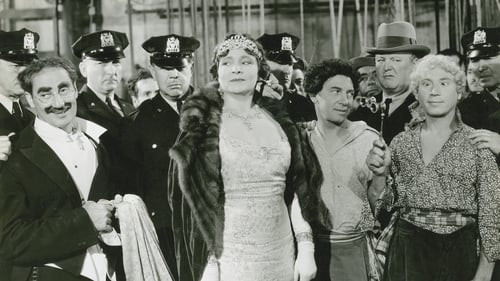
Los Hermanos Marx en la alta sociedad. A dos amantes que actúan en la ópera se les impide estar juntos porque no aceptan al hombre como tenor. Utilizando varios trucos típicos de los Hermanos Marx, logran que el tenor principal se ausente, y de esta manera el joven amante tendrá su oportunidad.

Segunda Guerra Mundial (1939-1945). Parodia de la ocupación de Francia por los alemanes. Terry-Thomas es un piloto inglés que se encuentra perdido en la Francia ocupada, mientras que Bourvil y Louis de Funès son dos parisinos que, casi involuntariamente, ayudan a la resistencia contra los nazis. Un film que en Francia obtuvo un enorme éxito de taquilla.

¡La Navidad es ahora más hermosa y acogedora que nunca! Vive la Navidad en Londres junto a André Rieu. Árboles de Navidad decorados por donde mires, calles bellamente iluminadas, tentadores escaparates navideños ... Combina el ambiente navideño único de Londres con un magnífico concierto navideño de André Rieu y tendrás todos los ingredientes para una fiesta encantadora en los oscuros días de diciembre. Junto a fantásticos solistas y su siempre alegre orquesta de Johann Strauss, André Rieu ofrece una velada fabulosa con los villancicos más bellos y conmovedores, pero también con canciones emotivas como Hallelujah, The Holy City de Leonard Cohen y el clásico Concierto de Aranjuez. Navidad en Londres significa una velada disfrutando de música encantadora, hermosos disfraces y mucha intimidad londinense.

La traviata (Italian: [la traˈviaːta], "The Fallen Woman"[1][2]) is an opera in three acts by Giuseppe Verdi set to an Italian libretto by Francesco Maria Piave. It is based on La dame aux Camélias (1852), a play adapted from the novel by Alexandre Dumas, fils. The opera was originally entitled Violetta, after the main character. It was first performed on 6 March 1853 at the La Fenice opera house in Venice. Piave and Verdi wanted to follow Dumas in giving the opera a contemporary setting, but the authorities at La Fenice insisted that it be set in the past, "c. 1700". It was not until the 1880s that the composer and librettist's original wishes were carried out and "realistic" productions were staged.[3]
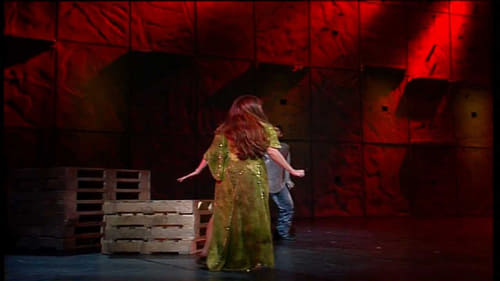
Adaptación musical de la novela de Victor Hugo "Notre Dame de París", que sigue a la bailarina gitana Esmeralda y a los tres hombres que compiten por su amor.

Bugs está en resistencia como la valquiria Brunhilde que se sienta en un caballo con sobrepeso. "Ella" es perseguida por Elmer interpretando al semidiós "Siegfried".
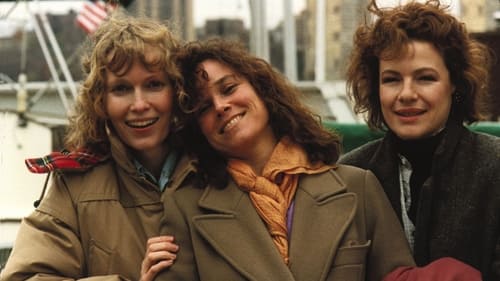
La hija mayor de una pareja de artistas, Hannah, es una esposa devota, madre cariñosa y actriz de éxito. Defensora leal de sus dos hermanas, Lee y Holly, es también la columna vertebral de una familia que parece casi tan resentida de su estabilidad como depende de ella. Pero cuando la rivalidad fraternal sabotea silenciosamente el mundo perfecto de Hannah, finalmente se da cuenta de que está tan perdida como todos los demás, y para ser capaz de encontrarse tendrá que elegir entre la independencia y... la familia sin la cual no puede vivir.

In the depths of the Rhine, the three Rhinemaidens guard the Rhinegold, a treasure of immeasurable value. The Nibelung dwarf Alberich is dazzled by the sight of it. The girls explain that whoever wins the gold and forges it into a ring will gain power over the world, but must first renounce love. Frustrated by his unsuccessful attempts to catch one of the girls, Alberich curses love and steals the gold. Wotan, lord of the gods, is reproached by his wife Fricka: he has promised to give Freia, goddess of youth, to the giants Fasolt and Fafner in return for their building a fortress for the gods. When the giants demand their reward, Loge, the god of fire, suggests an alternative payment: the ring Alberich has forged from the Rhinegold, and his other treasures. The giants agree, and Wotan and Loge leave for the Nibelungs’ underground home.
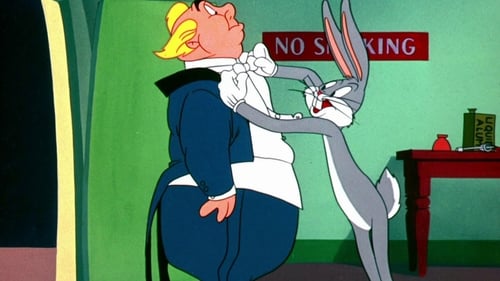
Bugs se enfrenta a un tenor, durante sus ensayos y en plena ópera.

As a storm rages, Siegmund the Wälsung, exhausted from pursuit by enemies in the forest, stumbles into an unfamiliar house for shelter. Sieglinde finds the stranger lying by the hearth, and the two feel an immediate attraction. But they are soon interrupted by Sieglinde's husband, Hunding, who asks the stranger who he is. Calling himself "Woeful," Siegmund tells of a disaster-filled life ("Friedmund darf ich nicht heissen"), only to learn that Hunding is a kinsman of his foes. Hunding, before retiring, tells his guest to defend himself in the morning. Left alone, Siegmund calls on his father, Wälse, for the sword he once promised him. Sieglinde reappears, having given Hunding a sleeping potion.

